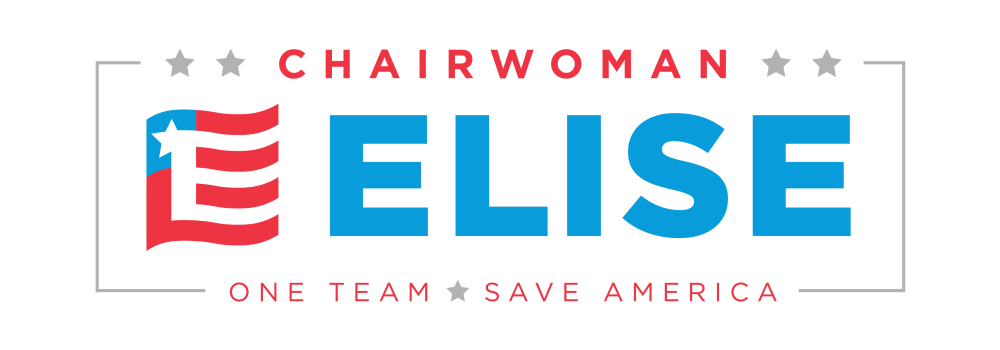April 15, 2021 by Joe Mahoney
ALBANY — Scores of U.S. Border Patrol patrol agents are being reassigned from the nation’s northern border to help their agency respond to a surge of migrants at the U.S.-Mexico border.
In New York, the moves are having impacts at Border Patrol stations from the Lake Champlain region to Niagara Falls, weakening the ability of law enforcement to respond to smuggling and human trafficking, according to Clinton County Sheriff David Favro.
The agents being sent to southern border posts are worried they could spread variant strains of coronavirus when they return to northern New York, Brandon Budlong, local president of the National Border Patrol Council, said in an interview
“Of course, nobody wants to be sent away from their families for extended periods of time but that concern is outweighed by the fear of potentially bringing back an infectious disease and spreading it to our families and in our communities,” Budlong said.
The acting chief of the Federal Emergency Management Agency, Robert Fenton, told a congressional panel last month the COVID-19 positivity rate for migrants at the U.S.-Mexico border was less than 6%.
The Biden administration reported last week that federal authorities arrested or detained more than 172,000 migrants at the southwest border in March — the biggest surge of illegal entries in 15 years.
For Border Patrol agents, interacting with the public is an important part of ensuring border security and safeguarding nearby communities, Budlong said.
“The guilt that one of my members would feel if they unknowingly subjected someone to a deadly virus would be enormous,” he said.
Rep. Elise Stefanik, R-North Country, said the shift of personnel is jeopardizing security at the U.S.-Canada border. Some agents remaining in New York are being impacted nonetheless as they have been assigned to work remotely in assisting in the processing of migrants detained in Texas, she noted.
The shift, Stefanik said, has left upstate New York with only a small number of agents and “zero to patrol our waterways.”
In 2019, agents from the Wellesley Island station at Alexandria Bay, responding to a citizen’s tip, seized nearly 400 pounds of marijuana at the Harbor Village Villas.
Stefanik released a letter she and Rep. John Katko, R-Syracuse, sent to President Joe Biden on Wednesday, asking him to specify how many Border Patrol agents are now working in northern New York compared to the number based there last year.
“Despite being twice the length of the Southern Border, staffing along our Northern Border has been and continues to remain, dangerously low specifically along the sectors of the North Country and waters of Lake Ontario and the St. Lawrence River,” Stefanik and Katko told Biden.
Contacted by CNHI, a spokeswoman for U.S. Customs and Border Protection, Stephanie Malin, said in an emailed statement: “Due to fluctuations along the Southwest Border, U.S. Customs and Border Protection has deployed more than 300 Border Patrol agents primarily from northern and coastal sectors to support operations. CBP seeks to deter and disrupt human smuggling activities by transnational criminal organizations and ensure our personnel are properly equipped to maintain border security.”
Malin added that the agency was unable to elaborate on the exact number of agents being reassigned or specify their work stations “due to inherent law enforcement sensitivities.”
Stefanik also raised concerns that the Biden administration may be moving migrants from the southern border to communities in northern New York without preparing communities for such an influx, should it come to pass.
In Plattsburgh, Sheriff Favro said moving the Border Patrol agents south is sending the wrong message to criminal gangs who may be looking to supply New York’s black market for low-price marijuana at a time when New York has decided to allow the sale of regulated and taxed cannabis to consumers.
“You only have 10 fingers to stick in the holes in the dyke and by pulling your resources out of here to send them down there you are only going to create more issues,” Favro said.
You can read this article in full here: https://www.niagara-gazette.com/





